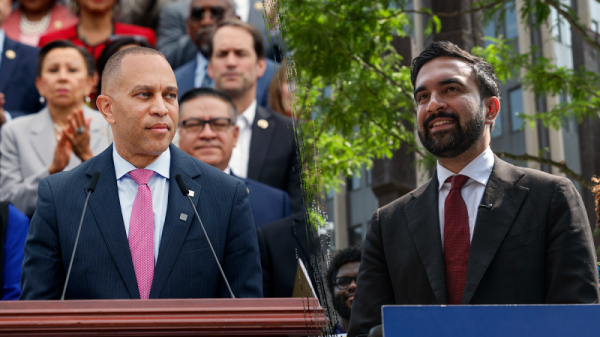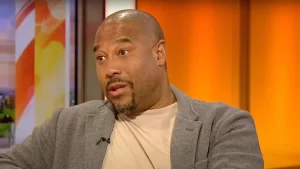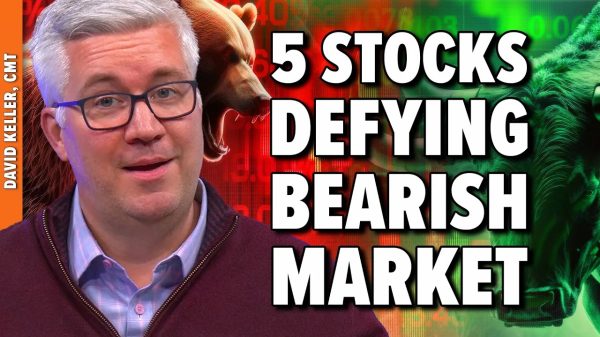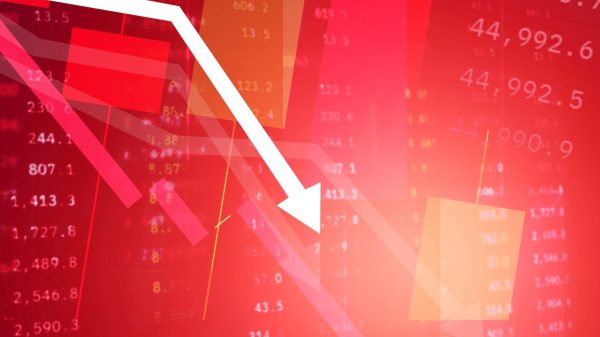
It is a sad fact that many businesses fail, many within the first three years of operation. There are a huge range of reasons, ranging from poor management, to outside influences like Covid etc.
However, whatever the reason for the failure of the business, the fact of the matter is that actions must be taken and that Directors of the company could face sanctions if these are not carried out to the letter of the law.
Of course, some companies can be saved by the process known as business restructuring, whilst others cannot and have no choice but to become insolvent and close. This can either be achieved ‘voluntarily’ by the means of a Company Voluntary Liquidation, or involuntarily via a Compulsory Liquidation.
In either case, Company Directors need the answers to many questions, just some of those asked of Antony Batty (an insolvency practitioner in London) are shown below. I do hope you find some answers within them, but if not, please do contact us as we are sure to be able to help.
How does business restructuring work?
The Company Restructuring process has two basic parts, that of managing debt by talking to creditors and that of making changes to the way the company processes work, this including stopping some operations and potentially making some staff redundant.
How does restructuring affect employees?
Restructuring can affect staff in many ways. In some cases they may well lose their jobs, in other cases they will have to learn new, potentially difficult roles. It is therefore essential that the social well-being of employees is properly managed.
What are the main restructuring strategies?
There are 2 basic types restructuring strategies
- For companies suffering some degree of financial distress, downsizing the business, can be a way to recover the position.
- In the UK this is better known as divestment, which is the process of a business selling off outside investments and subsidiary assets.
What happens in a small business restructure?
The restructuring process is far easier in small businesses than large ones, but in either case by making changes to all business functions to reduce expenditure, many companies can regain / retain control of the business, its property and affairs. In some instances, this restructuring process is used to give the company time to fully develop a plan to restructure the company’s affairs with the assistance of an insolvency / restructuring practitioner.
Can you give me some ideas of the areas covered by business restructuring?
Examples of changes include reducing debt, reducing operational costs, as well as realigning the operations of a business with current market / customer demands.
What is the difference between business turnaround and business restructuring?
- Business Turnaround is more about identifying and addressing internal problems, like reducing sales, issues of operational inefficiency and poor management practices.
- On the other hand restructuring entails making large scale changes to a company’s financial and / or operational framework, these often being caused by a period of severe economic distress.
When should a company restructure?
The need for a company to restructure can be triggered by many factors. They include poor financial results that set alarm bells ringing, or external causes such as competition and regulatory changes.
The most important lesson that we have learned is that either restructuring, business turnaround or some form of debt management must be taken at the earliest possible time.
Explain the three forms/methods where debt can be restructured?
Where there is some hope that a business can remain solvent while paying off its debts, there are three main ways any debt payments can be restructured.
These are
- debt rescheduling (extending repayment periods)
- debt refinancing (replacing old debt with new terms)
- and debt reduction (negotiating lower repayment amounts with creditors).
Is the Business owner responsible for all business debts?
This is one area that really shows the difference between a sole trader and a Limited company. With sole traders there is no separation between the business and the owner. They get all the profits, but on the downside they are also liable for all debts.
On the other hand it is the Limited Company itself that makes all the money and is responsible for all debts. This money is then transferred to the Directors and Shareholders in various ways, however they cannot take out more than the company makes without being held to account if the business ever goes insolvent.
It is the Limited company that is responsible for any debts, although Directors are in some cases held accountable for debt if they have given personal guarantees on a loan, or there is an overdrawn Director’s loan account.
Are there times when a director can be held personally liable for company debts?
There are two ways that a director can be held responsible for business debt.
One is when a company is liquidated. In this process all the company records have to handed over to the liquidator. If these records show that a debt was incurred after the date of liquidation, the directors can be held personally liable.
The second is where a director has given a personal guarantee to any lender, these often being connected to property that they own, possibly the family home.
How do I close a Limited company which has a bounce back loan?
This is becoming more of a problem in recent years, the issue of how the funds were used sometimes also being investigated by the Insolvency Service if the business is closed down and has unpaid bills.
You may however be able to close your business by entering a Creditors’ Voluntary Liquidation (CVL). These allow you to liquidate your business, treating the Bounce Back Loan as an unsecured debt.
This will remove the debt when the CVL is completed, unless the Bounce Back Loan was applied for fraudulently and/or mis-used.
Conclusion
These are just some of the questions that we have been asked in the recent past, but there are many more, together with variations on those posted above.
So, if you have any questions about business turnaround, restructuring, winding up or the various insolvency procedures like
- Creditors Voluntary Liquidations (CVL)
- A Winding Up Order
- Company Voluntary Arrangement
- Administration
Then please do contact Anthony Batty.
Read more:
The Many Questions Asked By Directors When Faced With Business Insolvency.





























